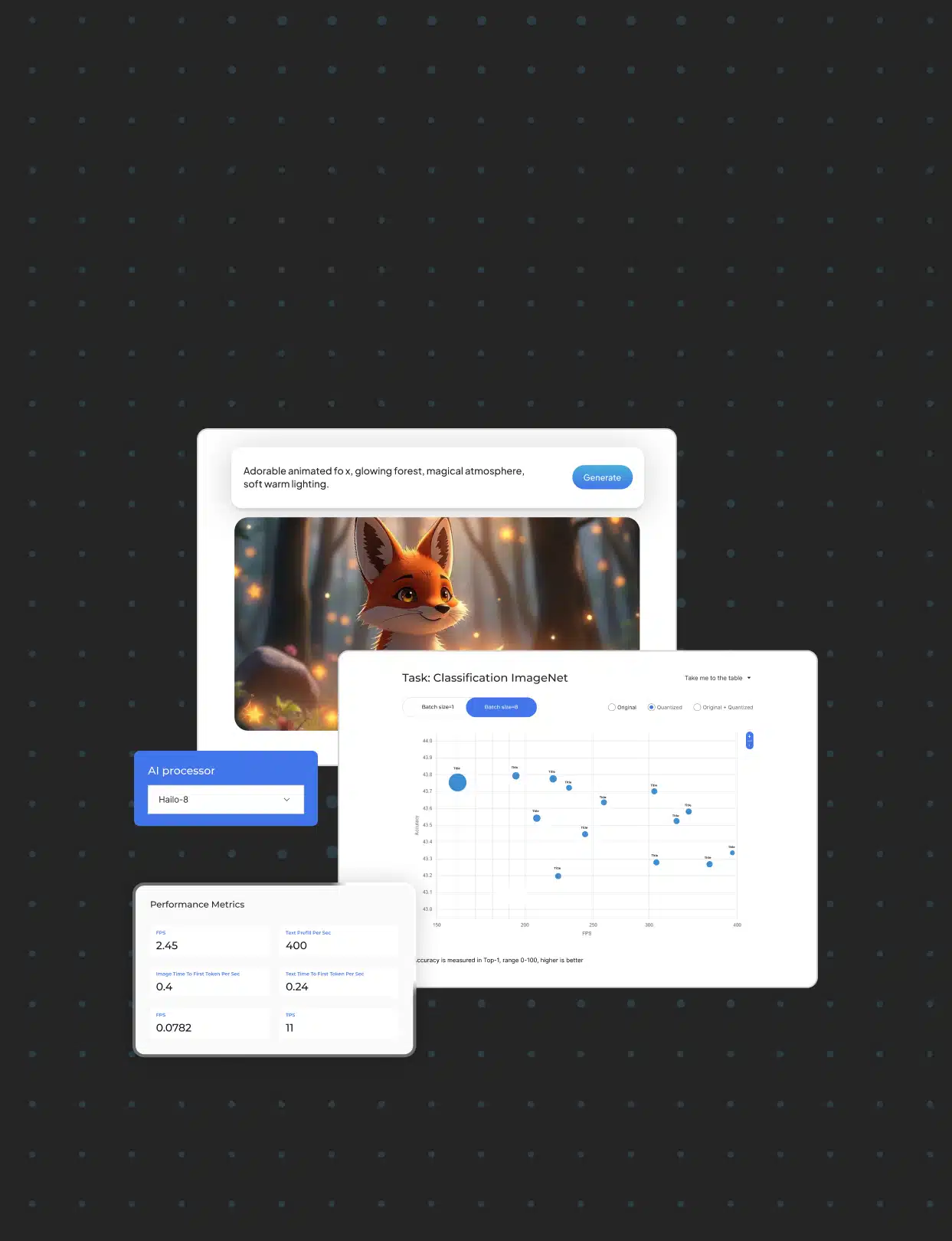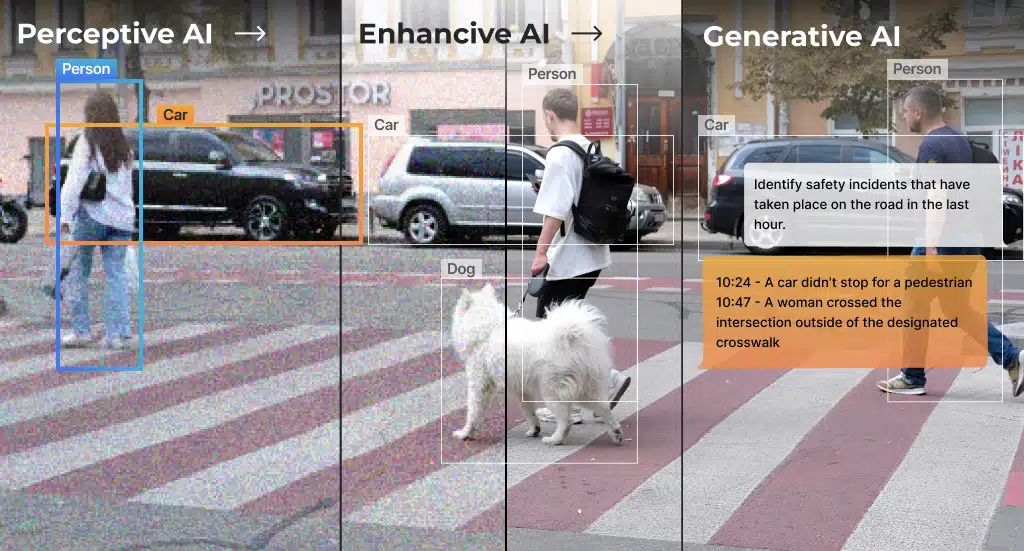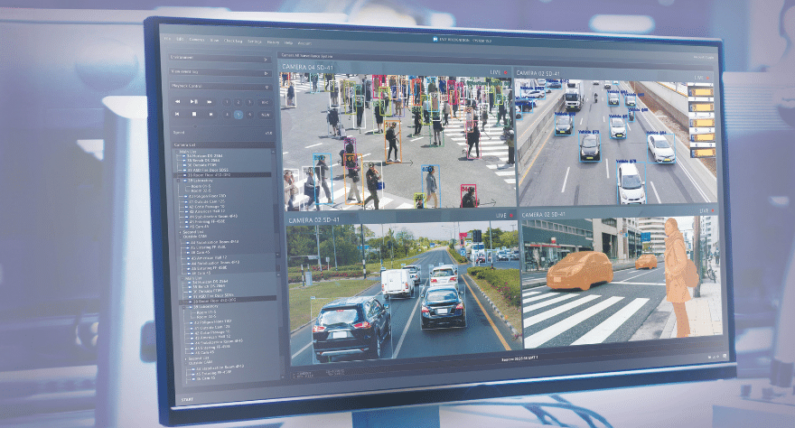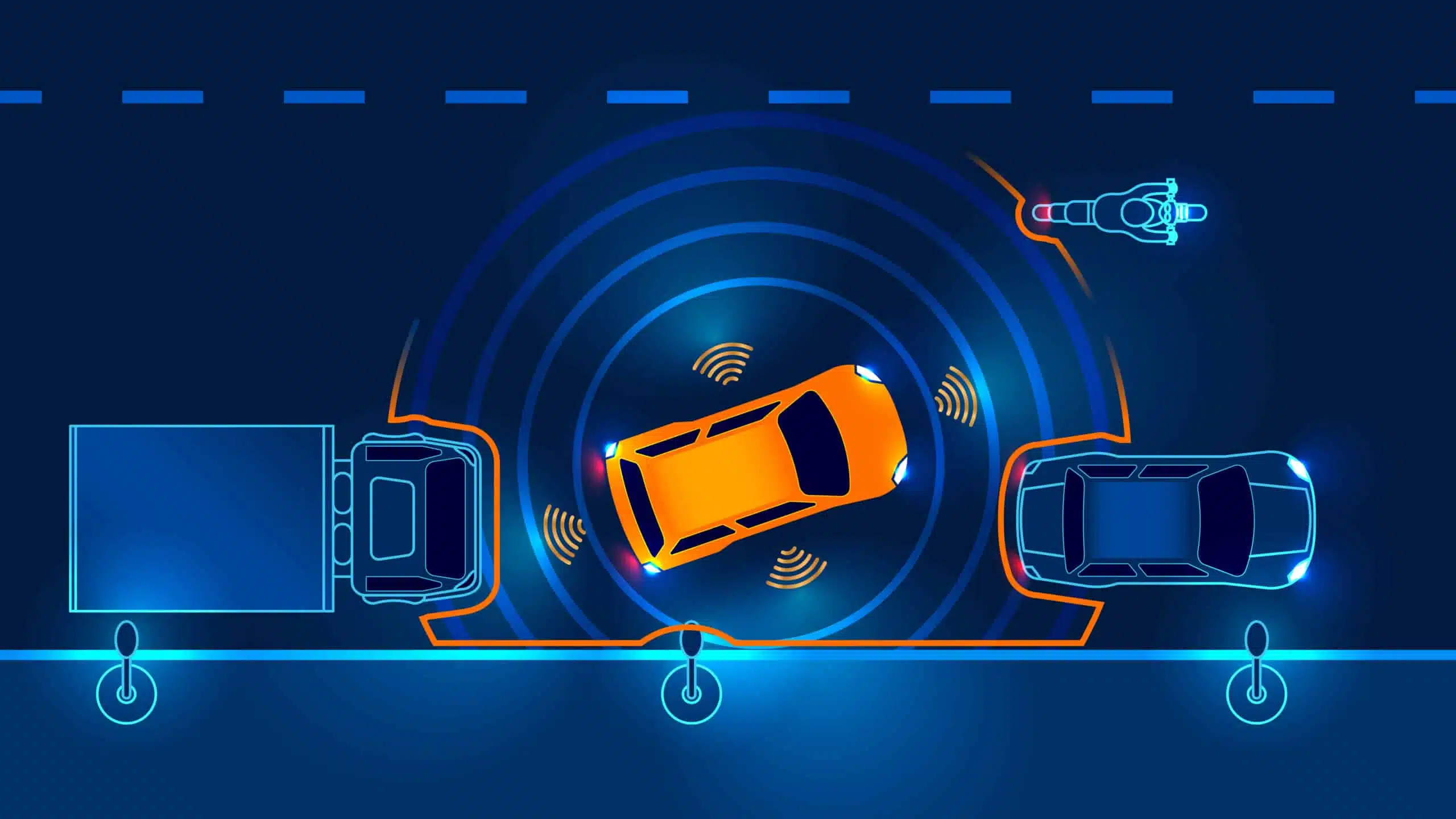AI Video Analytics: A Cost-effective Edge Device for Small Businesses – an Achievable Challenge
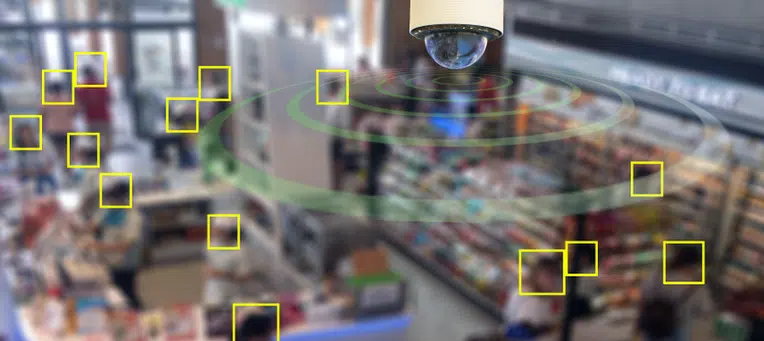
Video Management Software (VMS) solutions are available in the market for more than a decade and some surveillance vendors are offering Network Video Recorders (NVR) devices preloaded with VMS. NVR with VMS controls multiple cameras and uses analytics for the detection and management of various events. The usage of advanced intelligent analytics in such systems is growing.
Market researchers estimate CAGR (Compound Annual Growth Rate) of >20% for VMS in the coming 10 years. The key drivers for the growth include increasing security concerns and the adoption of VMS solutions in smart cities. Contributing to the significant growth is the rapid adoption of IP cameras for surveillance and security applications and the rising need for enhanced security. The VMS solutions are used for prevention of the personal and property crimes as well as for analytics that reveals valuable information on customers’ behavior.
The efficiency of VMS solutions highly depends on the effectiveness of their intelligent analytics. Intelligent analytics are being used for real-time event detection and classification as well as for additional specific tasks like License Plate Recognition (LPR), behavioral detection, and face recognition.
This blog post outlines the key challenges in meeting the requirements of small businesses and smart retail for a cost-effective surveillance solution with up to 6 IP surveillance cameras. While the number of cameras is limited in this segment, enhanced security with advanced intelligent analytics became a necessity and the customers expect the surveillance systems to detect more event types and achieve higher accuracy.
In the next section, a review of the key required features in the edge device is presented. Then, the architecture of a solution will be introduced with details for the components and the intelligent analytics implementation. Due to budget constraints, cloud services and storage were avoided, and the AI for surveillance management software and the AI video analytics were implemented in the edge device. Thanks to efficient design, the solution includes advanced intelligent analytics with the required capabilities.
Key requirements for the surveillance edge device
- The most challenging requirements were the budget limitation for the edge device of $500 and the need to avoid monthly fees for cloud services and storage.
- The device should have sufficient compute power, memory, and interfaces for recording and managing video from up to 6 cameras. The video shall be transferred from the cameras to the edge device via a simple gateway to which the cameras will be connected.
- Video analytics of up to 4 video channels shall be processed simultaneously and supports the following video management features:
- Process multiple video channels simultaneously and in real-time.
- Achieve high performance (high detection-rate, low false detection, …) by processing video in high-resolution and high framerate; if the system will not be able to process at the needed framerate, running people may not be detected.
- Process the video in real-time and detect events with low latency to enable quick response.
- Efficient events’ indexing for fast search by event type, classification, or other metadata information.
- Search for the location of a person or an object.
- Customers are concerned regarding keeping their privacy. The solution shall address the concerns by limiting as much as possible the transfer and storage of recorded video beyond the on-premises device.
- The solution should enable future enhancements e.g., migration to future deep learning models for new use-cases or/and for better performance. That implies sufficient performance headroom.
Edge device implementation fundamentals
It is challenging to address all desired functions at the required budget envelope by using off-the-shelf products. Also, an attempt to upgrade a simple edge device that is within the budget to support advanced intelligent analytics creates significant challenges due to the lack of AI computing power. Therefore, a new device, the RSC101 was co-developed with Axiomtek a world-renowned leader in industrial computer products. It is a palm-size edge box with Intel® Celeron® processor and Hailo-8™ AI processor integrated on the motherboard. The RSC101 is equipped with dual GbE LAN ports and was architected to support the integration of Wi-Fi/Bluetooth/5G/LTE modules. Both Windows and Linux are supported. The total compute power of the CPU, the 26 TOPS (Tera Operation Per Second) of the Hailo-8™, and its 32GB memory were confirmed to support the requirements suitability. Implementing all the analytics algorithms in the edge device enables the usage of “dumb” cameras and reduced the cost of the whole surveillance system. The other way around, using smart cameras with analytics capabilities, was found to be much more expensive.
RSC101 key solution achievements
- Rich Intelligent Analytics functionality
- The device can process multiple deep learning (DL) based applications simultaneously for:
- People detection, identification, appearance, counting, tracking, behavior, gesture, unusual activity, and social distancing
- Vehicle detection and classification (by model, type, …)
- Access control
- Perimeter detection
- The device can process multiple deep learning (DL) based applications simultaneously for:
All the above detection types aim to provide the necessary guardianship to prevent potential offenders from taking advantage of criminal opportunities. Some of the information is also valuable for customers’ analytics. Such analytics includes statistics data like gender and age, and details for the people’ behavior e.g., which areas customers spend more time, people gathering and sleep on duty
- Enables fast and efficient search by generating metadata, e.g., people’s age, gender, and clothing type or color, in real-time for comprehensive indexing
- Enables fast response of the surveillance system by processing the video with low latency
- High-performance intelligent analytics
- High detection rate achieved by processing of high-resolution video
- Low Cost of Ownership
- The cost was reduced by the usage of a cost-effective CPU and utilization of the Hailo-8™ for processing DL models and the preprocessing image algorithms
- Further cost reduction was achieved by integrating the Hailo-8™ as a Chip on Board (COB), which does not require external memory and enables a small footprint. In addition, the fact the Hailo-8™ is very power efficient (~2.5W), eliminates the need for an active cooling solution that increase the cost and increases the reliability of the RSC101
- The utilization of Hailo-8™ for processing all the intelligent analytics in the device helps diminish the operational cost. Recorded videos were not sent to the cloud and usage of cloud services for storage and processing was avoided. Note that a 3MP camera generates >20 Terabytes of data/per day
- Privacy
- Customers’ concerns about privacy were addressed by keeping the recording in the RSC101 storage and performing the intelligent analytics in the RSC101
As it can be seen the RSC101 effectively supports all required surveillance features in small businesses with 6 cameras and a $500 budget. Actually, the RSC101 performance exceeds the requirements. Utilization of an integrated high compute power AI processor for all the intelligent video analytics, state-of-the-art deep learning algorithms could be used which results in high performance and advanced features. The AI compute power of 26 TOPS guarantees future enhancements by supporting migration to state-of-the-art DL algorithms for additional events detection types. Note that the RSC101 capabilities enable it to be used as the best cost-effective solution to add support for additional 4-8 cameras to an existing surveillance system that its compute power for AI video analytics is already fully utilized.
For more details, see the Axiomtek RSC101 product page



